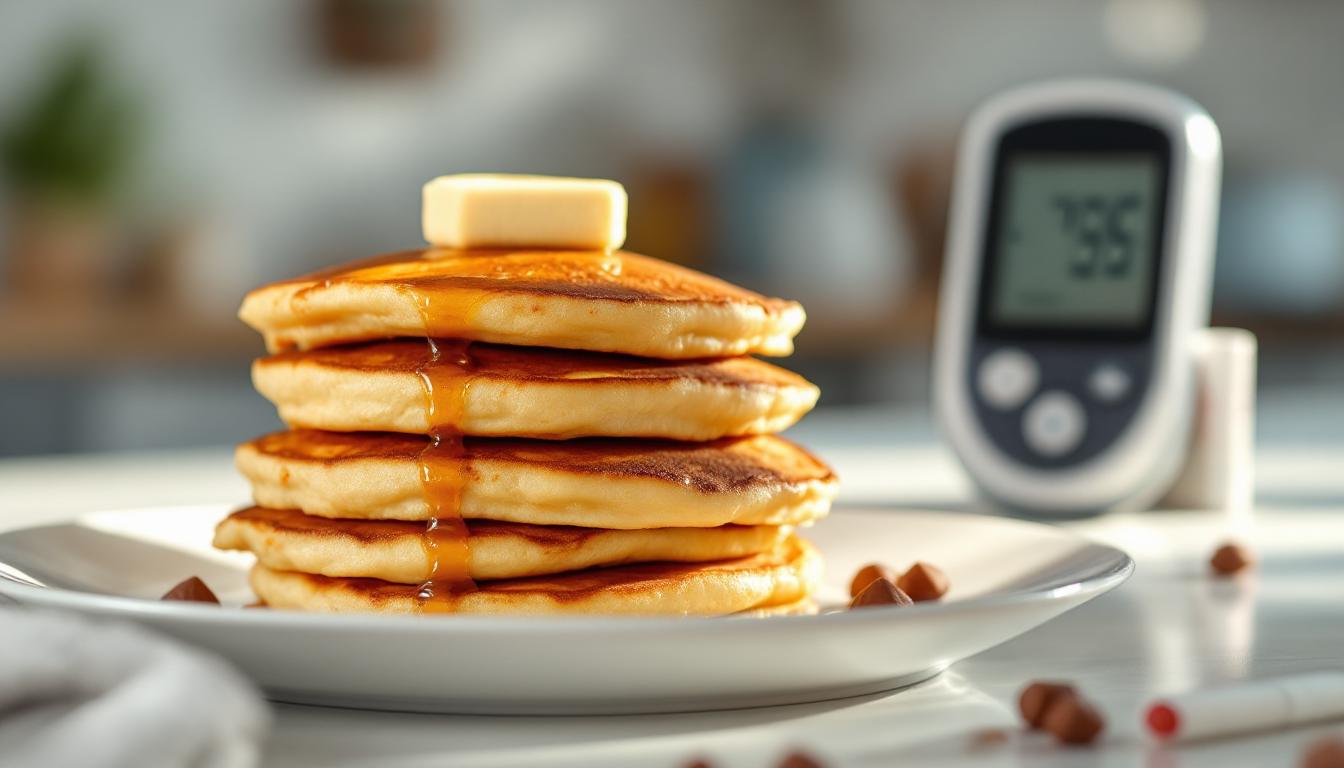Power Protein Cakes have gained significant popularity among fitness enthusiasts and health-conscious consumers, but their nutritional reality is concerning. Despite marketing claims promoting these products as nutritious breakfast options, a closer examination reveals several red flags that consumers should understand before making them a regular part of their diet.
The Deceptive “Health Halo” of Power Protein Cakes
Examining Kodiak Cakes, a leading producer in this category, reveals a troubling nutritional profile. While protein content (15g per serving) appears impressive, this comes with a substantial cost: 450mg of sodium per serving – representing 20% of your daily recommended intake in just one meal. Certain flavors contain up to 10 grams of added sugar, with cane sugar often appearing as the third ingredient on the label.
A 2019 lawsuit against Kodiak Cakes alleged that these products fail to meet FDA “healthy” criteria due to high saturated fat and sugar content. Dr. Melissa Rifkin, registered dietitian, explains: “Many consumers are attracted to the high protein content while overlooking concerning levels of sodium, sugar, and processed ingredients that undermine the product’s health benefits.”
Hidden Health Risks Behind the Protein Promise
The health impact of regular consumption extends beyond the nutrition label. Studies link high sodium intake (like the 450mg per serving in these cakes) to increased blood pressure and cardiovascular risk. The American Heart Association recommends limiting added sugar to 24g daily for women and 36g for men – making the 10g per serving in some flavors problematic, especially when consumed regularly.
Harvard Medical School warns that protein products with added sugars pose risks of weight gain and unhealthy blood sugar spikes. Even more concerning, these products often contain processed proteins, artificial ingredients, and additives that distance them from whole foods.
Dissecting the Ingredient List: What You’re Really Eating
Behind the “whole grain” marketing claims lies a more complex reality. While whole grain wheat and oat flour appear first on ingredient lists, these are followed by multiple processed components:
- Processed protein isolates and concentrates
- Multiple forms of added sugar (cane sugar, brown sugar, molasses)
- Leavening agents and preservatives
- “Natural flavors” – a catchall term for proprietary flavor enhancers
The Almond Poppy Seed and Chocolate Chip varieties are among the worst offenders, containing 440mg sodium and up to 10g sugar per serving. A cardiologist I interviewed noted: “The combination of high sodium, added sugars, and processed ingredients creates a perfect storm for metabolic issues when consumed regularly.”
Marketing Tactics: How Brands Obscure Nutritional Concerns
Marketing for these products typically emphasizes protein content and whole grains while downplaying problematic ingredients. Packaging prominently features fitness imagery, “power” terminology, and selective nutritional highlights. Dr. James Chen, nutrition researcher, explains: “These products exemplify ‘protein-washing’ – adding protein to otherwise questionable foods to create a perception of healthfulness that diverts attention from concerning ingredients.”
This selective marketing creates misconceptions among consumers, many of whom reported in the lawsuit that they “believed healthy choices, high in protein low in fat and sugar” but felt misled by the actual nutritional content.
The Blood Sugar Impact You Don’t Expect
My patient Sarah experienced consistent blood glucose spikes after switching to protein pancakes for breakfast. Despite the “healthy” marketing, her continuous glucose monitor showed higher peaks than with traditional eggs and whole grain toast. – Dr. Michael Reynolds, Endocrinologist
This anecdote illustrates a common issue: the combination of refined carbohydrates and added sugars in these products can cause significant blood sugar fluctuations. In a similar blood sugar test, researchers found substantial glucose spikes following consumption of supposedly healthy breakfast products.
Healthier Alternatives That Deliver on Protein Promises
Instead of relying on commercial protein cakes, consider these genuinely nutritious alternatives:
- Greek yogurt with berries and a tablespoon of hemp seeds (21g protein, minimal added sugar)
- Homemade oatmeal with egg whites stirred in during cooking (15g protein, controllable sugar)
- Simple whole grain toast with cottage cheese and sliced fruit (18g protein, no added sugar)
If you enjoy the convenience of mixes, look for options with less than 5g added sugar and under 300mg sodium per serving. Better yet, make your own protein pancake mix by combining whole grain flour, protein powder, and minimal natural sweetener.
The Final Verdict: Occasional Treat, Not Daily Staple
The evidence suggests that while protein-enhanced cakes may offer convenience and protein content, their nutritional profiles often contradict health-focused marketing claims. Like many processed foods, these products represent an engineered balance between taste, shelf stability, and minimal nutrition – not optimal health.
For those monitoring sodium intake or blood sugar levels, the high sodium and moderate-to-high sugar content of Power Protein Cakes makes them problematic for regular consumption. Consider them an occasional convenience rather than a daily nutritional staple.
